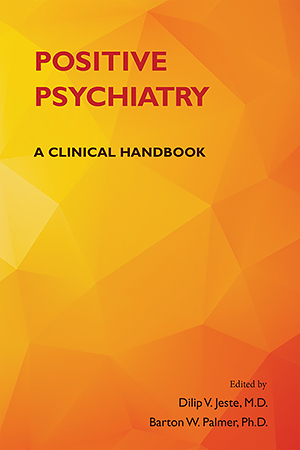Sections
Excerpt
In the past decade, a growing variety of mental health organizations, services, and initiatives have used the term recovery-oriented care. The optimism embodied in the word recovery implies that there is a hope and capacity for improvement among people who have been substantially affected by mental health conditions, and this optimism represents a marked shift from historical conceptions of illnesses such as schizophrenia as degenerative intractable conditions. Serious scientific, consumer, and public agency effort has been directed toward defining recovery, detailing its essential ingredients, and promoting the practices and interventions that enhance its likelihood. Considerable controversy exists about how best to define recovery, who gets to define it; whether it is best represented as a state, a process, or an outcome; and how best to orient services to it. As opposed to many of the other concepts discussed in this volume, recovery is somewhat unique in that it is specific to people with illnesses and most commonly occurs in the realm of mental health and substance use conditions and treatment. Thus, the concept of recovery is important to consider in the broader context of positive psychiatry. In this chapter, we describe the history of recovery’s rise to prominence, the variation in its definitions and models, and the principles and practices that exemplify recovery-oriented care.
Access content
To read the fulltext, please use one of the options below to sign in or purchase access.- Personal login
- Institutional Login
- Sign in via OpenAthens
- Register for access
-
Please login/register if you wish to pair your device and check access availability.
Not a subscriber?
PsychiatryOnline subscription options offer access to the DSM-5 library, books, journals, CME, and patient resources. This all-in-one virtual library provides psychiatrists and mental health professionals with key resources for diagnosis, treatment, research, and professional development.
Need more help? PsychiatryOnline Customer Service may be reached by emailing [email protected] or by calling 800-368-5777 (in the U.S.) or 703-907-7322 (outside the U.S.).



